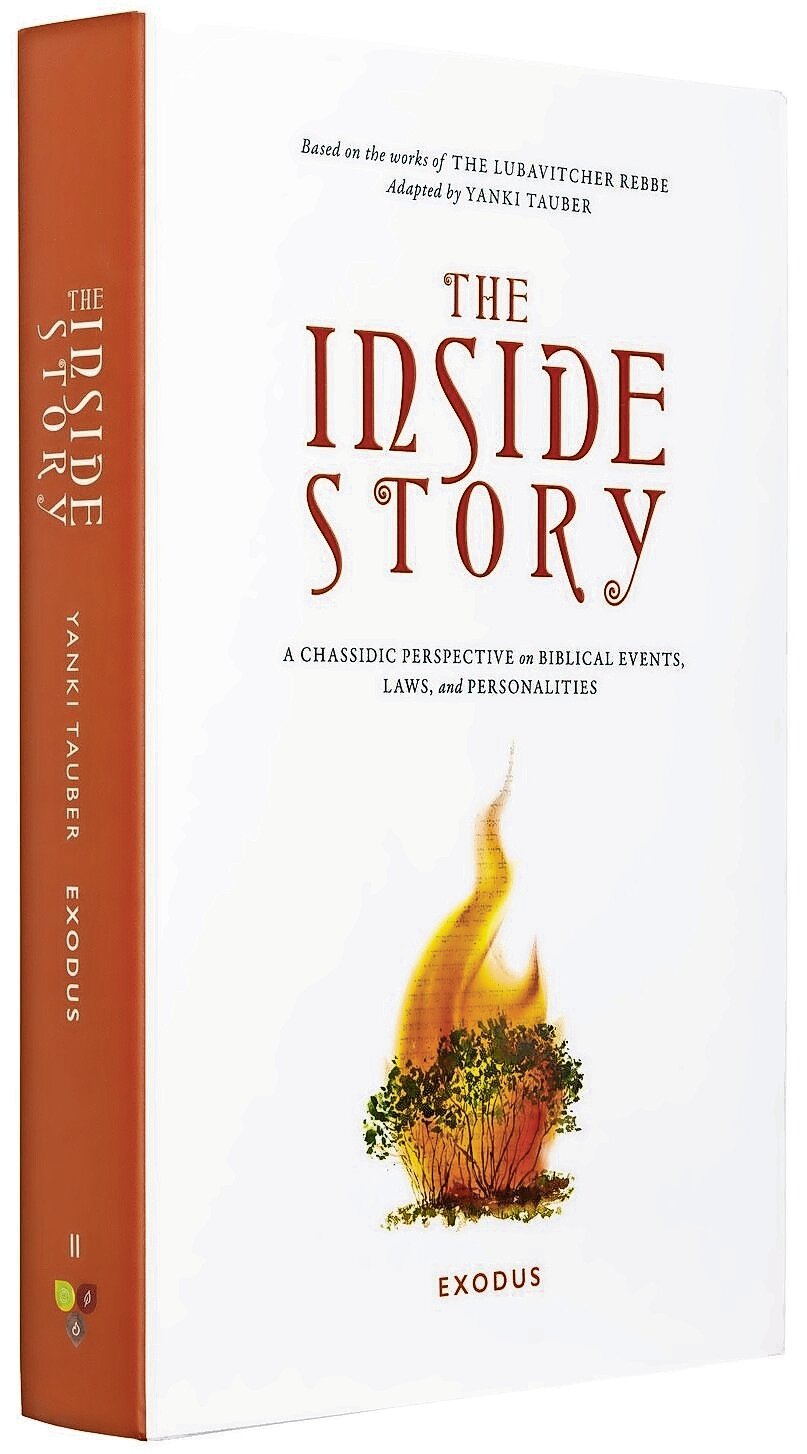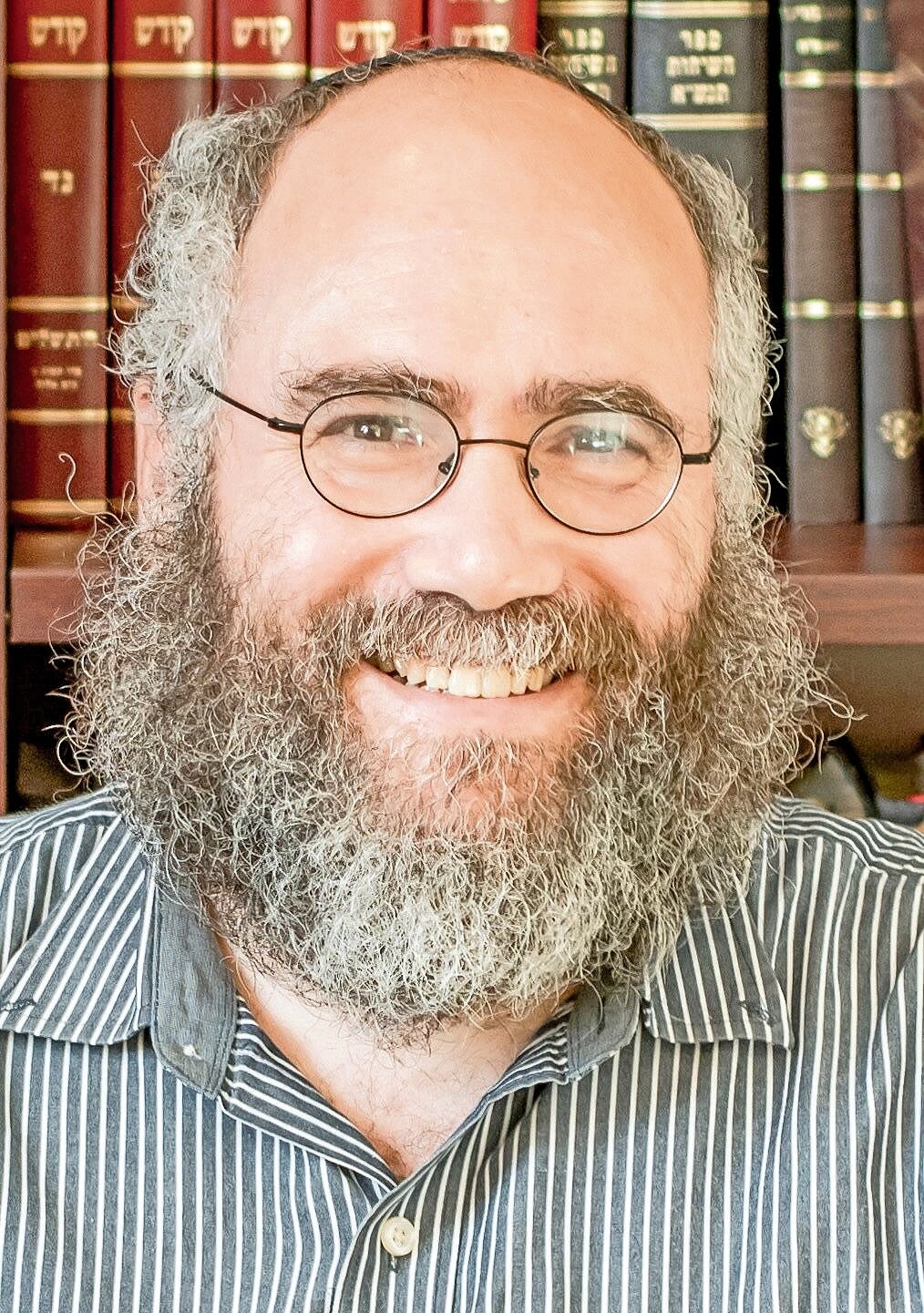Answering questions from children of tomorrow
Here we are, on the cusp of the holiday of Pesach that in every manner of theme and observance surely defines us as a people.
To help us prepare to respond to our children who may questions the Expodus experience, I am presenting excerpts from “The Inside Story — Exodus” (Meaningful Life Center, 2017), by Rabbi Yanki Tauber of Woodmere.
The Festival of the Child
And you shall tell your son on that day: “This is done because of what G-d did for me, when I came out of Egypt” (Exodus 13:8).
When did you last experience freedom? For many of us, burdened by our jobs, our familial and social responsibilities, and the other entanglements of the human conditions, freedom seems as rare as it is essential, as elusive as it desirable. We want it, we need it, yet how do we achieve it?
But look at the child. Observe him at play, immersed in a book, asleep and smiling at his dreams. Assured that father and mother will feed her, protect her and worry about all that needs worrying about, the child is free. Free to revel in his or her inner self, free to grow and develop, open to the joys and possibilities of life.
This is why Passover, the festival of freedom, is so much the festival of the child. For it is the child who evokes in us the realization that we, too, are children of G-d, and are thus inherently and eternally free. It is the child who opens our eyes to the ultimate significance of Passover: that in taking us out of Egypt to make us His chosen people, G-d has liberated us of all enslavement and subjugation for all time. …
As different as they may be, the “four children” of the Haggadah have one thing in common: whether involved, challenging, inept, or indifferent, they are all present at the Seder table. They are all relating, albeit in vastly differing ways, to our annual reliving of the Exodus and our birth as a nation. The line of communication is open; the potential “wise child” that resides within every Jewish child is approachable.
Today, however, in our era of spiritual displacement, there also exists a fifth child: the Jew who is absent from the Seder table. He or she asks no questions, poses no challenges, displays no interest. For she knows nothing of the Seder, nothing of the significance of the Exodus, nothing of the revelation at Sinai at which we assumed our mission and role as Jews. To these children of G-d we must devote ourselves long before the first night of Passover. …
Tomorrow’s Child
“It shall come to pass that your child will ask you, tomorrow, to say: ‘What is this?’ You shall say to him: ‘With a mighty hand, Gd took us out of Egypt’.”
On the most basic level, Rashi explains the plain meaning of the verse [“there is a tomorrow that is immediate, and there is a tomorrow that is a long way off”].
The child who will observe the Passover rituals and asks, “What is this?” is obviously not the child of an immediate tomorrow. Such a child would have witnessed the miracles of the Exodus themselves, and would have firsthand knowledge of the significance of these mitzvot.
So the “tomorrow” of which the Torah speaks is of a more distant time and generation — a generation for whom the liberation from Egyptian slavery is a long-ago “historical event,” and who need to be educated on its relevance to their lives. …
There are children who are of an immediate tomorrow: children who are of the same epoch as our own; children who are the continuum tomorrow to our today. They ask, as children are wont to ask, questioning the what, how, and why of the truths we convey to them. But we both inhabit the same world, and our dialogue with them is predicated on the same set of axioms. Doubtless we will answer this child, relate to them the origins of our heritage, and explain to them the significance of our observances.
But there are also children who are of a far-off tomorrow. Children who inhabit a distant world, who speak a distant language and relate to distant values. Children for whom a vast gulf separates their tomorrow from our today. Children whose questions are of a different nature entirely: challenging, alien, hostile. What is one to do with such a child, with such a questioner?
Speak with them, says the Torah, answer them, for they are your children. …
In our own day, this “far off tomorrow” has become a painful reality. How many Jewish children inhabit such alien tomorrows? How many Jewish children are mired in bizarre “Egypts,” receding, with horrifying speed, to tomorrows of increasing distance and disconnection?
When such a Jewish child comes with their questions — the apathetic-bitter questions of a rootless generation — remember, he or she is your child. Devote your heart, soul, and life to them, and illuminate their way back to their holy source.
A version of this column was published in 2018.









